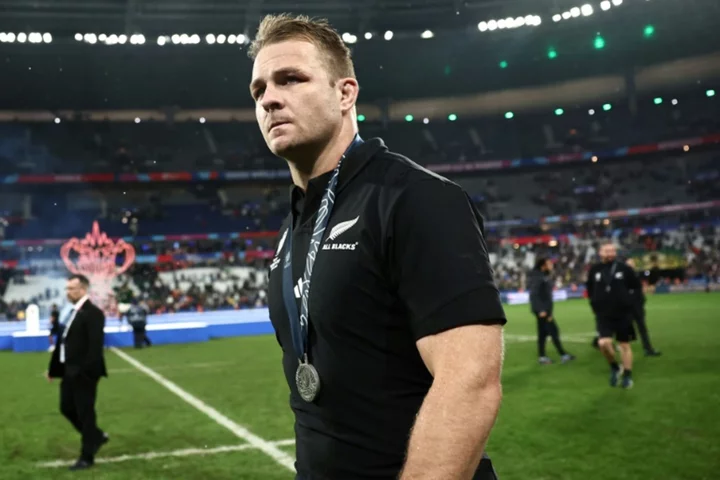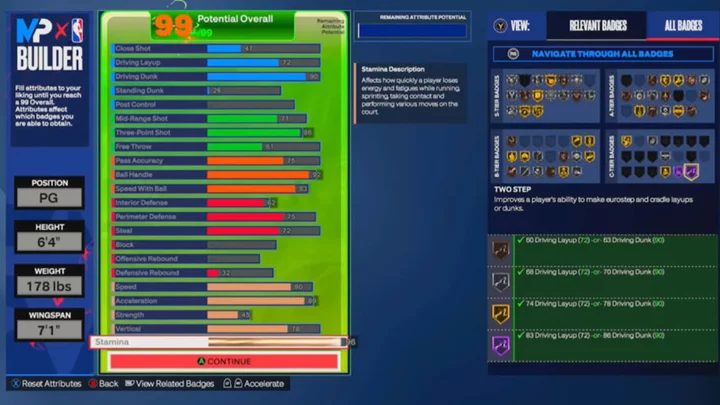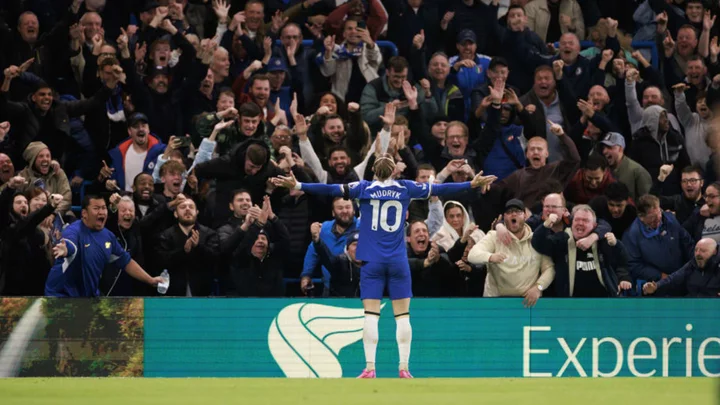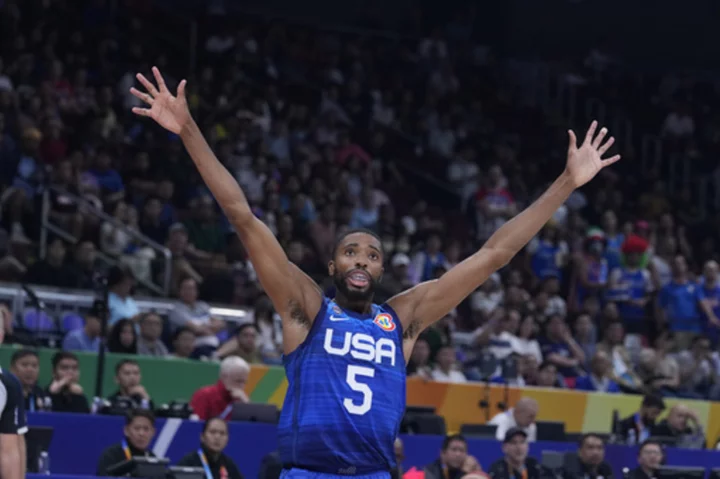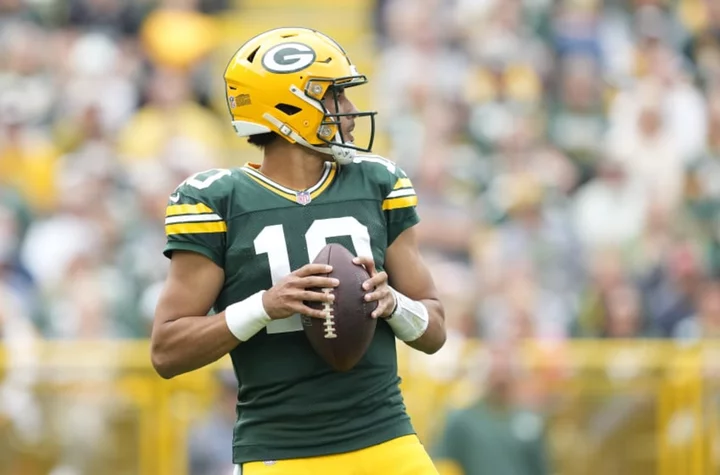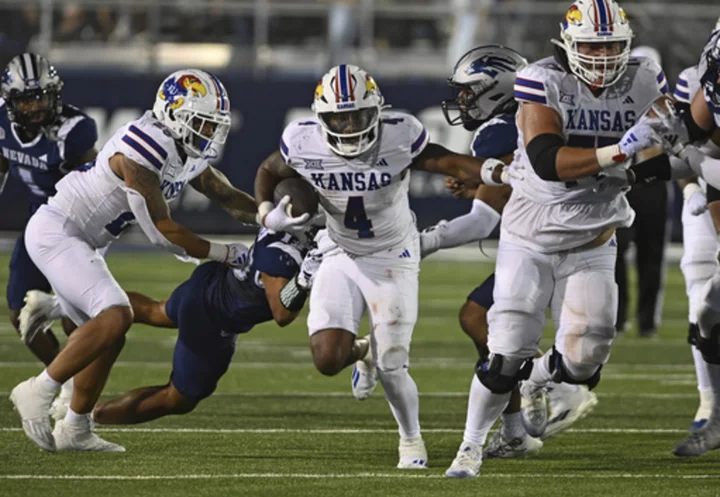"Anything around the head has ramifications," said a disconsolate New Zealand captain Sam Cane of his red card for a high tackle that ruled him out of much of the Rugby World Cup final -- the problem for many is how referees interpret what is dangerous.
Cane's red card in the first half for a high tackle on Jesse Kriel was the first time a player has been sent off in the final and proved pivotal in the All Blacks' heartbreaking 12-11 defeat by South Africa on Saturday.
Not just New Zealanders but others were incensed his Springbok counterpart Siya Kolisi did not receive the same sanction after being sin-binned for a high tackle on Ardie Savea.
It was somewhat apposite that the sport's quadrennial showpiece should finish with a controversy over high tackles as it had started in similar fashion.
England captain Owen Farrell, who has a history of high tackles, had -- to general amazement -- a red card he received in a warm-up match downgraded to a yellow, freeing him to play from the start of the pool stages.
World Rugby appealed and he received a four-match ban that ruled him out of the first two pool games.
"Player welfare is the sport's number one priority, and the Head Contact Process is central to that mission at the elite level of the sport," World Rugby said in explaining why they appealed.
Just as Farrell's case shows a lack of consistency in punishments, many coaches and players believe there has been a similarly uneven approach from match officials.
Cane refused to say whether English referee Wayne Barnes and his compatriot, Television Match Official Tom Foley, were right or wrong.
However, All Blacks head coach Ian Foster was seething over what he saw as this inconsistency that resulted in Kolisi being able to return to the pitch.
Given the All Blacks looked the most potent side even a man down against 15 Springboks, Foster's upset could be understood.
"The game has got a few issues it's got to sort out," said Foster, whose hopes of a glorious final hurrah as All Blacks coach were dashed.
"That's not sour grapes. There were two similar incidents one was a red, one was a yellow.
"That is the game."
- 'Points system' -
Retired Irish legend Brian O'Driscoll, though, thought Barnes got it right.
"There is considerable force to the head and for me it is a very clear red card," said O'Driscoll.
"He spelled it out. It was all calm, he simply laid it out for both captains."
It is not the first time in the tournament that the judgement of Barnes -- who has officiated in a record 111 Tests -- was questioned.
Ireland captain Johnny Sexton threw him a dirty look when the Englishman said he and the TMO saw nothing wrong with Richie Mo'unga's shoulder-led tackle that caught Bundee Aki on the chin in the quarter-final.
World Rugby, though, have come down hard on offenders. Namibia's Johan Deysel received a six-match ban for his tackle that fractured the cheekbone of France captain Antoine Dupont.
There could be few complaints over the severity of Deysel's punishment but tier-two players feel they have been penalised harder than the Farrells of this world.
All this will not deter the group of former rugby internationals, including ex-England hooker Steve Thompson, who are pursuing legal action against World Rugby, England's Rugby Football Union and the Welsh Rugby Union.
Former Wales flanker Alix Popham is among that group and he told AFP prior to the tournament he thinks the highest permitted tackle should be at the bottom of the sternum -- "around six inches lower than now".
Popham, who was diagnosed three years ago with probable chronic traumatic encephalopathy (CTE) at the age of just 40, also believes more draconian bans are the way forward to act as a deterrent.
"I think there should be a points system like on a driving licence," he said.
"If you accrue nine points then the player should receive a six-month ban.
"I think it would work as it has certainly worked in putting people off speeding and other driving offences."
pi/gj

